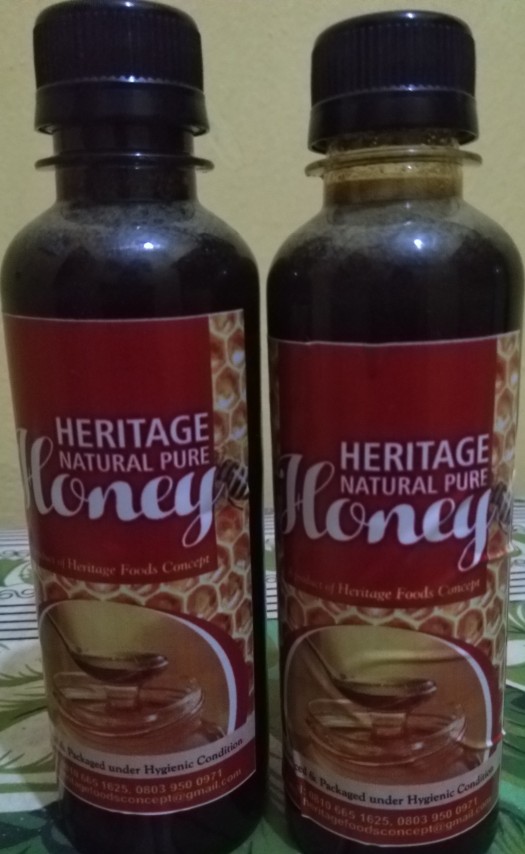Sugar consumption has been linked to be the cause of multifarious lifestyle diseases that has cost many people to loose their health to the cold hands of sickness and death.
According to https://articles.mercola.com/sugar-side-effects.aspx,
Today, an average American consumes about 17.4 teaspoons of sugar per day, according to the United States Department of Agriculture.1 While this is down by about a fourth since 1999, when Americans’ sugar consumption was at its peak,2 It is still significantly higher than the 12 teaspoons that the U.S. Dietary Guidelines for Americans, 2015-2020, has set.3
This is definitely alarming, considering the average Englishman in the 1700s consumed only 4 pounds of sugar per year4 — and that was mostly from healthful natural sources like fruits, quite unlike the processed foods you see in supermarket shelves today.
What’s even more disturbing is that people are consuming excessive sugar in the form of fructose or high-fructose corn syrup (HFCS). This highly processed form of sugar is cheaper to produce, yet 20 percent sweeter than regular table sugar, which is why many food and beverage manufacturers decided to use it in their products.
HFCS is found in almost all types of processed foods and drinks today. Just take a look at this infographic to see just how much fructose is hiding in some of the most common foods you eat.
Sugar, in my opinion, is one of the most damaging substances that you can ingest — and what’s terrifying about it is that it’s very abundant in our everyday diet. This intense addiction to sugar is becoming rampant, not just among adults, but in children as well.
The bad news is that the human body is not made to consume excessive amounts of sugar, especially in the form of fructose. In fact, your body metabolizes fructose differently than sugar. As explained in the next section, it is actually a hepatotoxin and is metabolized directly into fat — factors that can cause a whole host of problems that can have far-reaching effects on your health.
Effects of Consuming Too Much Sugar
Dr. Robert Lustig, a professor of clinical pediatrics in the division of endocrinology in the University of California and a pioneer in decoding sugar metabolism, says that your body can safely metabolize at least 6 teaspoons of added sugar per day.
But since most Americans are consuming about three times that amount, a majority of the excess sugar becomes metabolized into body fat — leading to all the debilitating chronic metabolic diseases that many people are struggling with. Here are some of the effects that excessive sugar intake has on your health:
•It overloads and damages your liver — The effects of too much sugar or fructose can be likened to the effects of alcohol.5 All the fructose you eat gets shuttled to the only organ that has the transporter for it: your liver. This severely taxes and overloads the organ, leading to potential liver damage.
•It tricks your body into gaining weight and affects your insulin and leptin signaling — Fructose fools your metabolism by turning off your body’s appetite-control system. It fails to stimulate insulin, which in turn fails to suppress ghrelin, or “the hunger hormone,” which then fails to stimulate leptin or “the satiety hormone.”6 This causes you to eat more and develop insulin resistance.
•It causes metabolic dysfunction — Eating too much sugar causes a barrage of symptoms known as classic metabolic syndrome.7 These include weight gain, abdominal obesity, decreased HDL and increased LDL cholesterol levels, elevated blood sugar, elevated triglycerides and high blood pressure.
•It increases your uric acid levels — High uric acid levels8 are a risk factor for heart and kidney disease. In fact, the connection between fructose, metabolic syndrome and your uric acid is now so clear that your uric acid level can now be used as a marker for fructose toxicity.
Sugar Increases Your Risk of Disease
One of the most severe effects of eating too much sugar is its potential to damage your liver, leading to a condition known as nonalcoholic fatty liver disease (NAFLD).9
Yes, the same disease that you can get from excessive alcohol intake can also be caused by excessive sugar (fructose) intake. Lustig explains the three similarities between alcohol and fructose:10
•Your liver metabolizes alcohol the same way as sugar — Both serve as substrates for converting dietary carbohydrate into fat. This promotes insulin resistance, fatty liver and dyslipidemia (abnormal fat levels in your blood).
•Fructose undergoes the Maillard reaction with proteins — This causes superoxide free radicals to form, resulting in inflammation — a condition that can be also caused by acetaldehyde, a metabolite of ethanol.
•Fructose can directly and indirectly stimulate the brain’s “hedonic pathway” — This creates habituation and dependence, the same way that ethanol does.
Additionally, research from some of America’s most respected institutions now confirms that sugar is a primary dietary factor that drives obesity and chronic disease development.
One study found that fructose is readily used by cancer cells to increase their proliferation, promoting cell division and speeding their growth, which allow the cancer to spread faster.11
Alzheimer’s disease is another deadly illness that can arise from too much sugar consumption. A growing body of research found a powerful connection between a high-fructose diet and your risk of developing Alzheimer’s disease and dementia, through the same pathway that causes Type 2 diabetes. According to some experts, Alzheimer’s and other brain disorders may be caused by the constant burning of glucose for fuel by your brain.12
Other diseases that are linked to metabolic syndrome and may potentially arise because of too much sugar consumption include:
•Hypertension13
•Lipid problems14
•Heart disease
•Polycystic ovarian syndrome15.
One of the major and popular alternative to the consumption of sugar by human is the consumption of Pure and Natural Honey.
In conclusion, having HERITAGE NATURAL HONEY is the way out for your sugar craving.

Patronize us now:
Call us on 08039500971.
REF:


